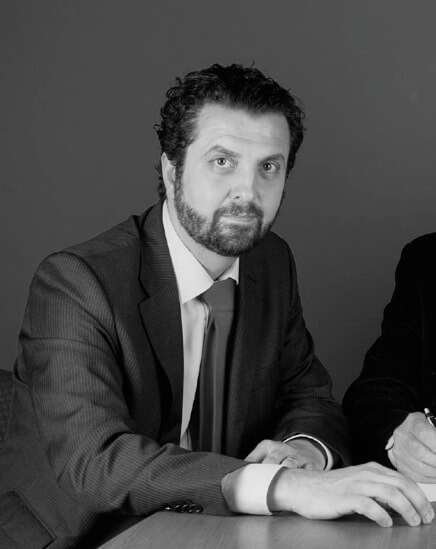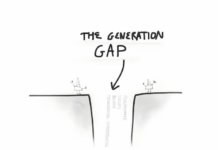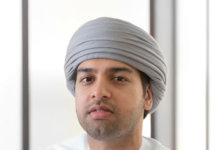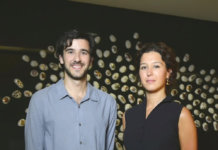Interview with Inaciu Iglesias, CEO of Cartonajes VIR, Spain
When one opens a cardboard box the key concern is usually what awaits inside whilst the container itself is quickly discarded. Despite this widely held notion, Spanish family business Cartonajes VIR has amassed a successful family business around the casing itself.
Established in 1932 in Asturia, Northern Spain, by Vincente Iglesias Rodriguez whose initials, VIR, are still part of the company name, the firm has produced cardboard boxes of various shapes and designs for over 80 years. Now in its fourth generation, the Asturian family company has been awarded the European Excellence Certificate for its dedication to providing cardboard solutions to companies and consumers all over Europe.
Tharawat magazine sat down with Inaciu Iglesias, CEO of Cartonajes VIR, to discuss just how the company has centred a successful business around a material deemed mundane yet essential to a number of industries found all over the world.
Joining the business
“When I was young I did not expect to work in the family business,” confesses Inaciu Iglesias candidly. “I am one of the youngest members of the third generation and I wanted to be a lawyer. But when I was in the middle of my education, I realised that we had no fixed plans for the continuity of our family business. I then thought of ways in which I could help.”
[ms-protect-content id=”4069, 4129″]
Iglesias shared his thoughts with his father who was slightly taken aback as he did not expect Inaciu to show an interest in joining the business. “I told him I just wanted to try. It was a small company and my father was working with his two brothers at the time,” describes Inaciu.
When he began working in the business in 1992, his first observation was that there was a lack of communication between family members. “I began work with my cousins. To improve communication and efficiency we created clear divisions in the company and formulated job descriptions,” explains Iglesias, admirably detailing the arduous process in a matter of fact way. As members of the third generation of the family’s legacy, it fell to Iglesias and his cousins to take the reins and guide the business ahead.
Communication enabling transformation
When Inaciu Iglesias is asked what he believes has been his greatest impact on the family business, his answer is clear: “Better communication has been my main contribution. I like to speak and to say things clearly and to put even the hardest questions on the table.” Iglesias began by defining each family member’s responsibilities in the organisation, a tactic, which proved vital in forging ahead. “We have shaped our organisational chart into a flower,” Iglesias smiles. “It is a symbol of how better structuring has allowed us to flourish. Of course, my belief in telling the truth has provoked mixed reactions, but I think that it is the best policy in the end.”
How did the Iglesias family make this transformation happen without jeopardising its unity? “I think we are good people. We believe in work. We also believe in making things right. In the end, humility is the main ingredient to success. We are just ordinary people who like our work,” he declares.
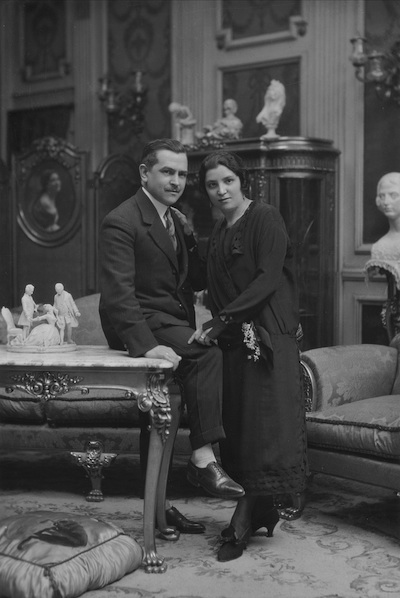
Creative licence
Producing cardboard boxes may appear as a straightforward task. However, when taking a closer look at the Iglesias family business, it quickly becomes clear that the family has applied an order of finesse. “I like creativity and I like design,” says Iglesias. “We work with a very simple material. Over the years we learnt to love it for its possibilities. You can make beautiful things with simple materials.”
The family has produced cardboard boxes since 1932, though their long term success has not gone without continual adjustments. “In the last 15 years we realised that we needed to put more effort into the design and creativity aspect,” Iglesias recollects. “Anyone can make boxes but the difference is the experience when you look at it, when you open it.” The family soon hired the best professionals in design in order to help them achieve this mission. “Even creativity needs a system,” states Iglesias. “Today, we have a design department. I am very proud of how they are all working tirelessly. The director of the department is an engineer and the others are designers and three of them are women. I like this combination because it achieves interesting results. Engineers are square thinkers and the female designers bring in the round elements. So it is like putting a design circle around a square,” Iglesias says amusedly. “We are proud of the results.”
Generation plays
The Iglesias family business is currently operated by the second, third, and fourth generations. “The second generation members are not involved in the day-to-day management anymore but hold their seats on the administration and shareholder council. I am the third generation CEO, and my cousin is the production director,” explains Iglesias.
“We currently have one member of the fourth generation involved in the business. One of them began with environmental studies, and now she is working in the delivery department.” Iglesias explains that the family has arranged for the latter member of the family to work in a number of capacities, proving her worth within each division of the company. “She can show the other employees that she is working with us not just because of her name. And there are eleven additional fourth generation members that may also contribute to the family business in the future, however, they are still too young to be able to tell.”
Iglesias is unequivocal in his desire to welcome future generations into the business, though not without each family member investing a prerequisite dose of commitment. “I think that each person has to choose the place they want to be in. I think our duty is to tell them which are their possibilities; to show them that each position entails not only rights but also duties.” Currently, the family business is heavily engaged in ensuring the smooth transition from the second to the third generation. “Once this is done,” Iglesias declares, “we can focus on the next transition. We are of course already trying to see what the young people can bring to the company.”
“We sometimes share some information to keep them in the loop. In the years to come this is going to be very crucial. We need to give them the information so that they can give us different answers. It’s a boomerang effect,” offers Iglesias wisely.
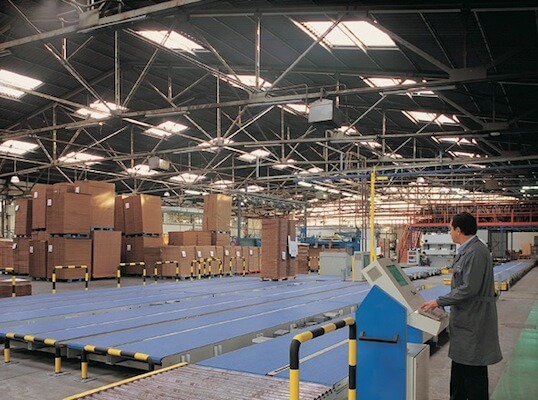
Economics and people
The current economic situation in Spain has proven difficult for all. Inaciu Iglesias makes clear the advantage family businesses possess during such a period. “We have a harsh situation on our hand. Maybe in family companies we have a more long-term view. We see things not in years but in decades so we can see beyond the mountains,” adds Iglesias. “This crisis is very hard and the hardest thing is the unemployment. Companies have to work hard to guarantee their existence. I have seen an evolution in people’s mentality. Ten years ago we needed to tell the workers that we needed to do things much better every day and we needed to work hard and together. Once the crisis began in 2007, everybody started to understand that now it was time to work hard. Economically times are bad but the spirits of the people in our company are very motivated.”
The Iglesias family has miraculously managed to spin these recent global calamities in a productive manner, attributing their optimism to the family’s overriding mind set. “We have a very good spirit. We had to make hard decisions and have even invested into our growth over these past two years. Times are hard but our people are even tougher at taking them head on,” he opines.
Dreaming of the future
When asked about his hopes and dreams for the future of the family business, Inaciu Iglesias laughs at the question. “I don’t know, the future has to be open and you have to be open to the future. You cannot make your own plan and force everyone to be part of it. This is often a big mistake in family businesses: Parents sometimes think they know what their children must do! I think you have to open your mind to the future and for our family business I would like it to be a joy and not a duty for everyone to come to work!”
Seeing that everyone loves what they do is the ultimate goal of the Iglesias family’s CEO. “I want everyone to think, ‘I love to work in this company, in fact I would pay to work here.’ I really hope my family will see it this way in the future.”
Tharawat Magazine, Issue 23, 2014
[/ms-protect-content]


